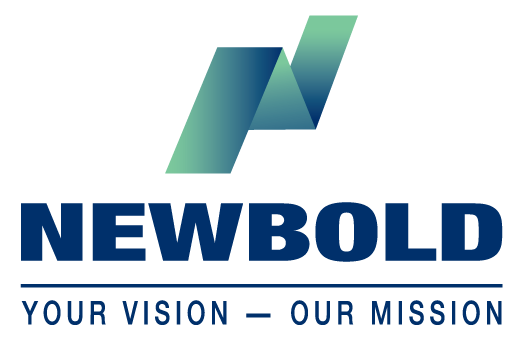Mentoring in Mortgage Banking
Part of NEWBOLD’s “make a connection • make a difference” series on mentorship
In some countries — think koala bears and vegemite — having a mentor for the first two years is a requirement for those new to the mortgage banking industry. Here in the US — unlike Australia (did you guess correctly?) — we don’t have that prerequisite. However, there may be an even more compelling reason to have a mentor if you are just starting out in the business: “Exposure”. To be successful in mortgage finance, you have to be exposed to as much opportunity for connection, business insight and perspective as you can possibly get. In other words? You need a mentor.
Value Prop
As in any industry or line of business, the value of a mentor is in the hands-on, been-there-done-that, in-the-trenches experience they offer a mentee. They can coach you through uncertainty or explain pitfalls they faced in hopes that you won’t have to. Learning from your mistakes is a valuable process. But if you have someone guiding you who has already made those mistakes, you’ll be one step ahead in building your business — and your career— successfully.
For new mortgage bankers, the list of learned skills goes beyond understanding credit, mastering the home loan process and understanding compliance. New bankers must nurture a competitive spirit and work hard to stay motivated. That will-to-win, combined with a positive outlook, is essential to meeting goals. And that’s where a mentor steps in, because the number one benefit to having a mentor is having someone who can both help you set individual goals and hold you accountable for meeting them.
How to Connect
The first step in finding a mentor is making a networking plan. And, typically, the first step in making a network plan is updating your LinkedIn profile in a way that is smart and engaging.
Next, connect with others in the mortgage industry! Check out:
- Mortgage Bankers Association
- Mortgage Bankers Association in your home state
- National Association of Mortgage Brokers
- Spark
Mine your network and your employer for mentor opportunities. Larger firms often have formal mentoring programs, while smaller companies may have a more casual approach. Your alma mater is also a good resource when looking for a mentor. Simply plug into your alumni group via LinkedIn or the school’s website, and explore opportunities to connect there.
Gooooooooal!
So, what kinds of goals make sense? As with anything, the more measurable the goal, the better able you’ll be to gauge progress. Examples of goals could be:
- Creating long-term business relationships
- Diversifying your skills and business knowledge
- Effectively managing time and priorities
Aligning these foundational goals to your individual performance goals is, without a doubt, the most important thing your mentor can help you master.
Great Expectations
Like any good relationship, the one you develop with a mentor should be mutually beneficial and requires commitment from both parties. Ideally, a mentorship should last 24 months — a year to level-set on personal goals and a year to work toward those goals.
For someone just starting out in mortgage finance, a mentor can guide you in many valuable ways. From the basics of time management to the specifics of writing loans, it’s a relationship you’ll look back on fondly when you are a big-time success in mortgage lending.
To connect with a seasoned industry leader, contact us at newbold@newboldadvisors.com. We look forward to chatting with you!
